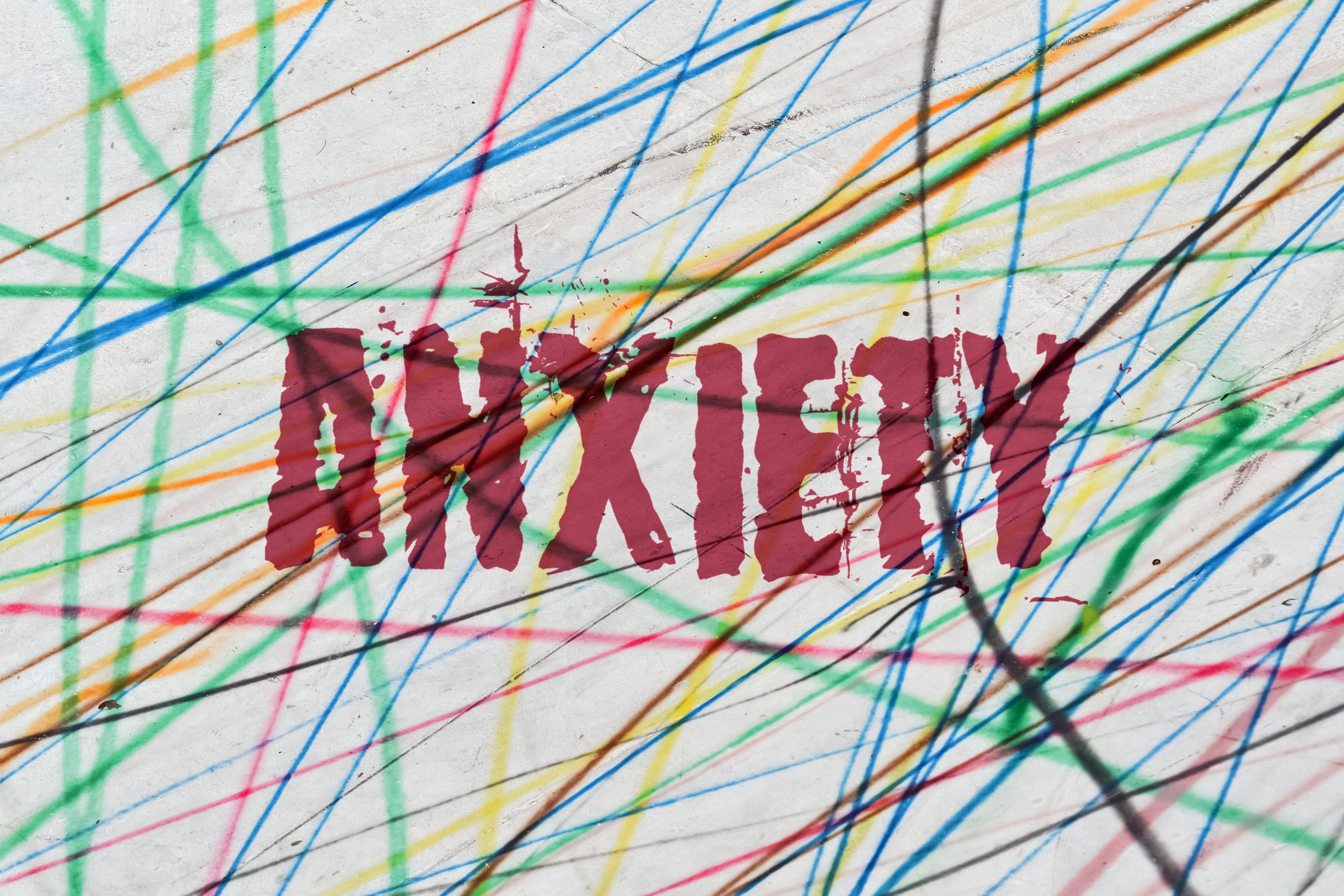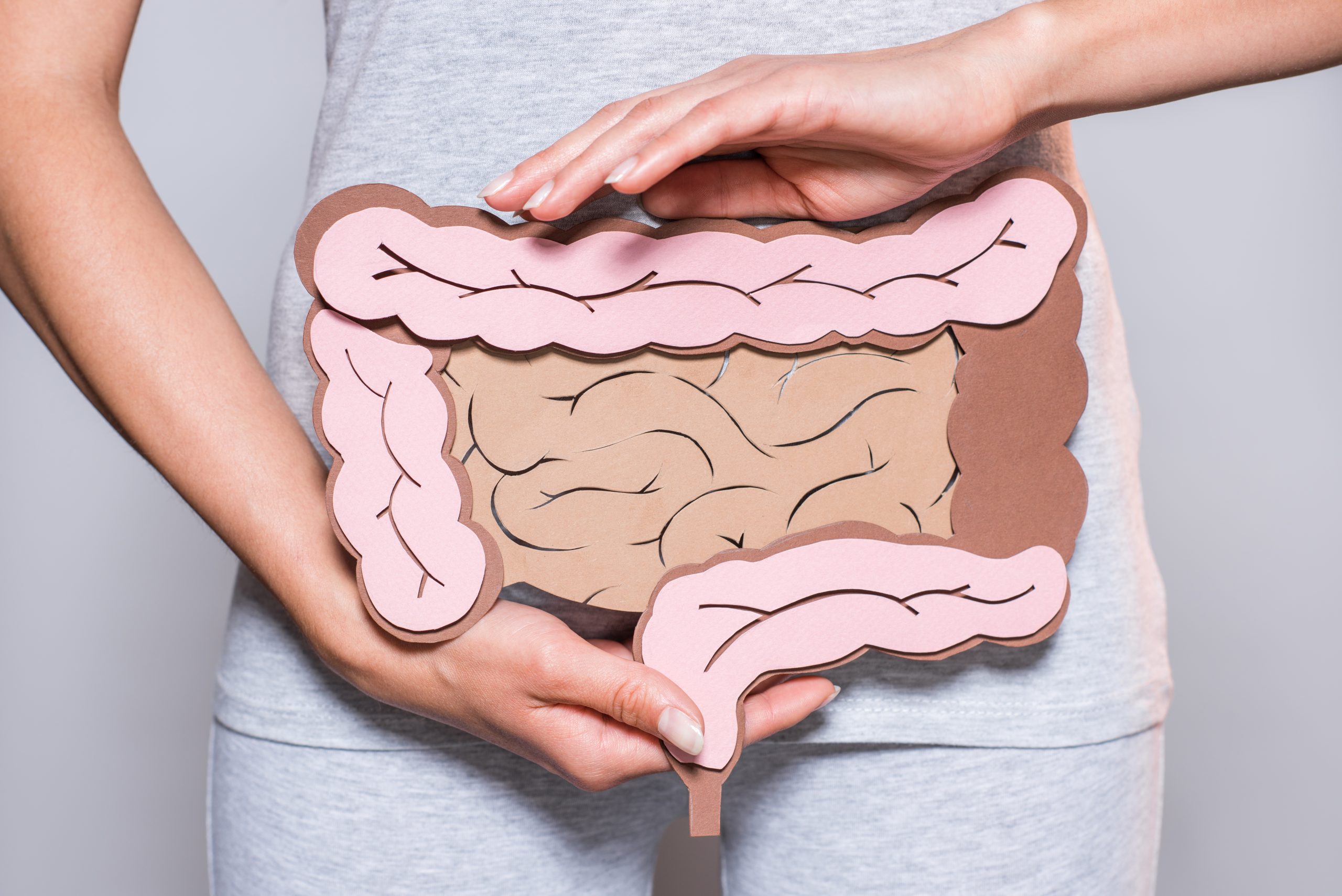
Anxiety isn’t always caused by stress, genetics, or major life events—sometimes, the triggers are much less obvious. You might be struggling with persistent worry, racing thoughts, or physical symptoms without realizing what’s fueling them.
Hidden factors in your diet, daily habits, and even past experiences could be quietly making your anxiety worse. Recognizing these unexpected anxiety triggers can help you take back control and ease your mind. Let’s dive into five surprising reasons you might be feeling more anxious than usual.
1. Hidden Caffeine Sources

Most people associate caffeine with coffee, but it lurks in unexpected places. Tea, chocolate, certain medications, and even decaf coffee contain small amounts of caffeine that add up throughout the day. If you’re sensitive to caffeine, consuming it unknowingly can cause restlessness, a racing heartbeat, and increased nervousness.
Since caffeine stimulates the nervous system, it can mimic the symptoms of anxiety without you realizing the cause. Checking labels and being mindful of hidden sources could help you lower your anxiety levels naturally.
2. Nutrient Deficiencies
Your brain relies on key nutrients to function properly, and deficiencies can contribute to increased anxiety. Low levels of magnesium, vitamin D, and B vitamins are all linked to mood instability and heightened stress responses. Magnesium helps regulate the nervous system, and a deficiency can lead to muscle tension and irritability.
If you’re not getting enough of these essential nutrients through food, supplementation may help. A simple blood test can determine whether deficiencies are contributing to your anxious feelings.
3. Poor Gut Health

The gut and brain are closely connected, and an unhealthy gut can send stress signals to your nervous system. Imbalances in gut bacteria can lead to inflammation, which has been linked to anxiety and depression. If you frequently experience digestive issues, such as bloating or irregular bowel movements, your anxiety may be stemming from poor gut health.
Processed foods, artificial sweeteners, and antibiotics can disrupt the balance of good bacteria in your digestive system. Adding probiotics and fiber-rich foods to your diet can support gut health and improve your mood.
4. Unresolved Emotional Baggage
Past experiences, even those you don’t consciously think about, can manifest as anxiety in daily life. Suppressed emotions, childhood trauma, or unresolved conflicts create underlying stress that your body continues to carry. Over time, this emotional burden can lead to chronic anxiety, making you feel tense or on edge without an obvious reason.
Therapy, journaling, or mindfulness practices can help you process these emotions in a healthy way. Addressing unresolved emotional wounds may relieve a weight you didn’t even realize you were carrying.
5. Inconsistent Sleep Patterns
It’s no secret that lack of sleep can make you irritable, but inconsistent sleep habits can also fuel anxiety. When your sleep schedule is erratic, your body’s internal clock becomes disrupted, leading to increased stress hormone production. This can create a cycle where anxiety keeps you up at night, and poor sleep worsens your anxiety the next day.
Even small changes, like scrolling on your phone before bed or varying your bedtime too often, can throw off your sleep rhythm. Establishing a consistent sleep routine and limiting screen time at night can help break the cycle.
How to Reduce Anxiety from Unexpected Sources
Anxiety isn’t always caused by what we expect, but recognizing hidden triggers can make a big difference. Small changes, like adjusting your diet, improving sleep habits, or addressing unresolved emotions, may bring noticeable relief. If you’re struggling with unexplained anxiety, consider exploring these surprising factors to see if they play a role. Awareness is the first step toward regaining balance and peace of mind.
Which of these anxiety triggers surprised you the most? Share your thoughts in the comments.
Read More:
10 Shocking Ways social media is Fueling Childhood Anxiety
Is It Anger or Hidden Anxiety? 8 Clues to Spot the Difference

Latrice is a dedicated professional with a rich background in social work, complemented by an Associate Degree in the field. Her journey has been uniquely shaped by the rewarding experience of being a stay-at-home mom to her two children, aged 13 and 5. This role has not only been a testament to her commitment to family but has also provided her with invaluable life lessons and insights.
As a mother, Latrice has embraced the opportunity to educate her children on essential life skills, with a special focus on financial literacy, the nuances of life, and the importance of inner peace.
